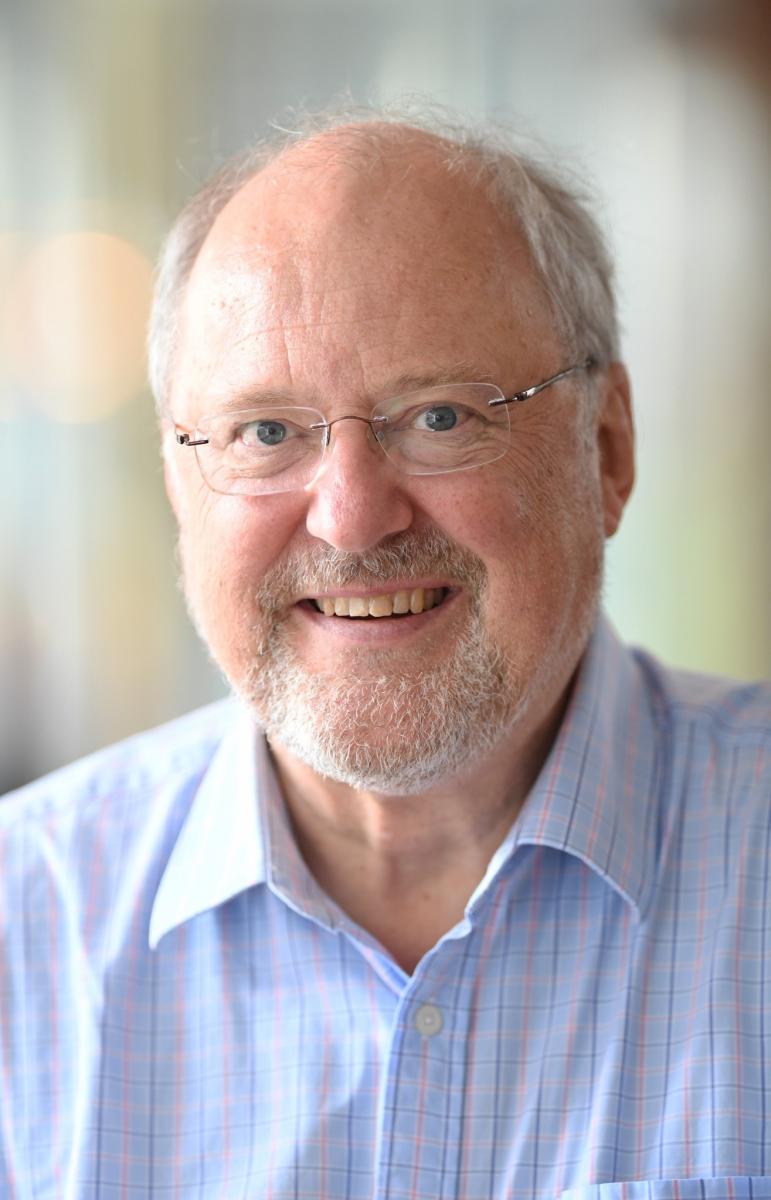
Those we call cancer survivors today were at the center of a recent summit organized by the EORTC (European Organization for Research and Treatment of Cancer) on March first and second in Brussels. If there is nowadays more and more often a life after cancer, many problems also arise for people who have survived the disease in terms of quality of life.
Among the speakers at the summit, Roger Wilson, founder of the British Sarcoma UK charity organisation, came to present the perspective and expectations of patients in an area where, he believes, many efforts could still be made. He notably defends the large usage of digital technologies and of mobile applications.
“We need holistic management of cancer and post-cancer physical, psychological and emotional issues,” argues Roger Wilson. This British citizen, himself a cancer patient and founder of a charity called Sarcoma UK, relies for his intervention on the results of the National Cancer Survivorship Initiative launched in early 2010 by the British authorities. This strategy to improve cancer care was based on a clear observation: the long-term consequences of a cancer diagnosis are not sufficiently taken into account for the ever-increasing number of people who survive the disease. The project aimed to understand the needs of these individuals and to develop models of care that respond to these needs. The goal is to help survivors live as healthy and active as possible for as long as possible. Five courses of action have been identified, including one that encourages going beyond the consideration of clinical results alone to open up to information reported by patients.
“For example, today there is a validated questionnaire to which patients can respond on particular topics. This leads to a more precise view of their experience, the way they feel. It can be the way the pain affects their daily life, their diet, their social life, for example,” continues Roger Wilson. “All of this, we can now measure it and it gives doctors a much better picture of the consequences of pain on their patients. In the same way, it can lead doctors to prescribe a better treatment or to modify the already prescribed treatment scheme”.
The smartphone, key to e-health
Unfortunately, recognizes the founder of Sarcoma UK, these tools are still largely underused. And to advocate among others for a generalization of their use via new technologies. “Our healthcare systems must be ready to use digital technologies for something other than just medical research, for example to improve the individual quality of life of patients. I would go so far as to say that e-health tools should be made available in all hospitals so, for example, that the patient’s data can be transmitted to the doctor or the health care team if necessary”, he believes. But how? Roger Wilson has his little idea on the question! “It is not necessary for hospitals to provide each patient with a computer. There is more simple! Which digital tool do we always have at hand? Our smartphone! I think an application like Andaman7 should be on everyone’s phones, especially when you know it’s available in more than 20 languages. Data that a patient would write Monday on his smartphone could be seen the next day in the hospital and an appointment could be made, for example, with the psychologist, starting Thursday. This would greatly improve the management.
More autonomy for patients
Roger Wilson also sees another advantage in the emergence of e-health tools: the empowerment of the patient! “By giving the patient the ability to control their own health data, you subtly alter the balance of power between them and the doctor. It’s beneficial in more ways than one. REcent data suggest clinical benefits to the fact that patients receive medical feedback on the information they themselves have shared with their doctor. People feel like they’re getting back some sort of control on what they live and what is happening to them, and it is very important. I am anyways very enthusiastic about digital tools, and I am just waiting for one thing, to be able to use it when the time comes!”
For more infos about EORTC.
Recommended articles : Are patients ready to share their medical data? & E-health: what benefits for patients?






